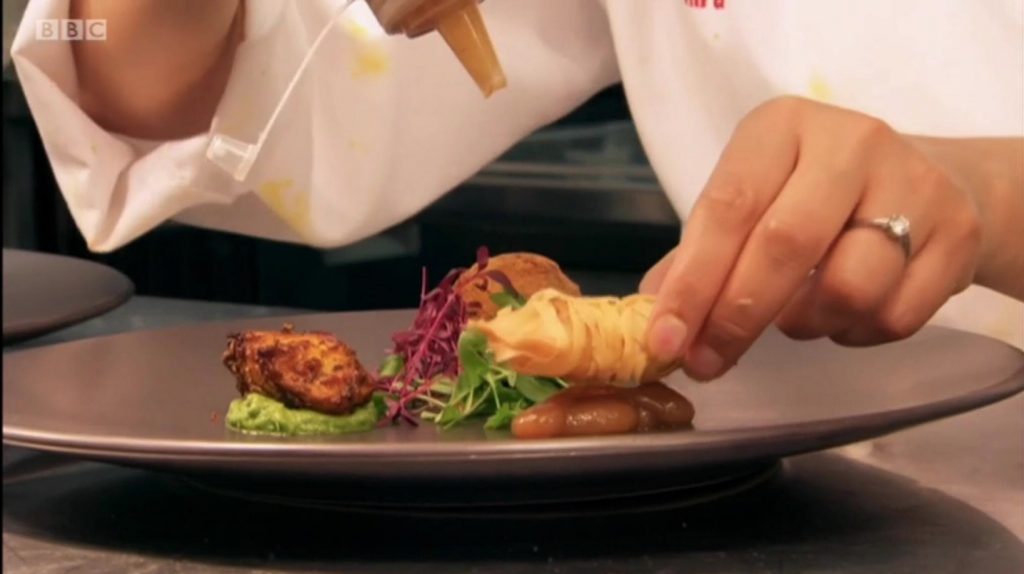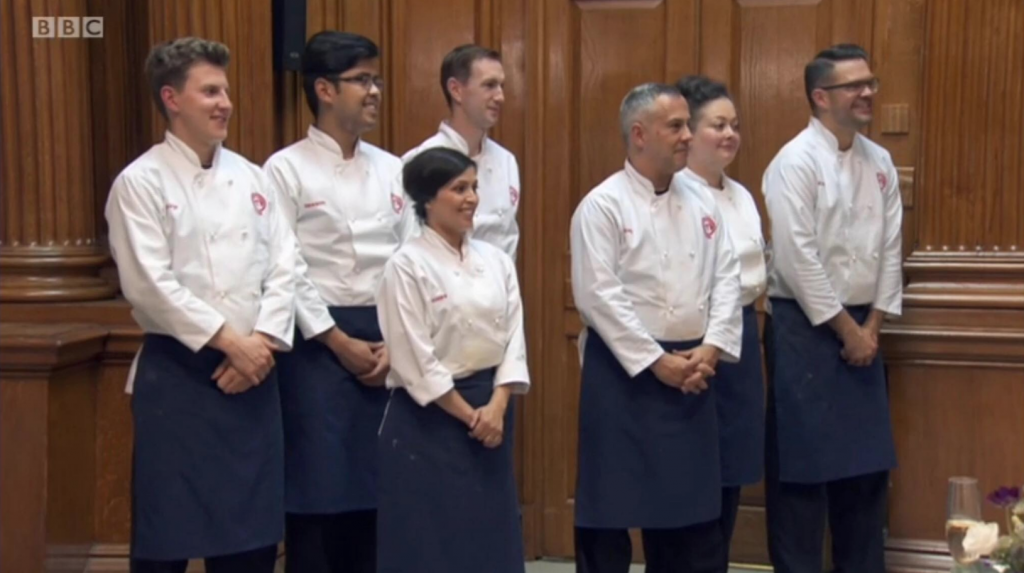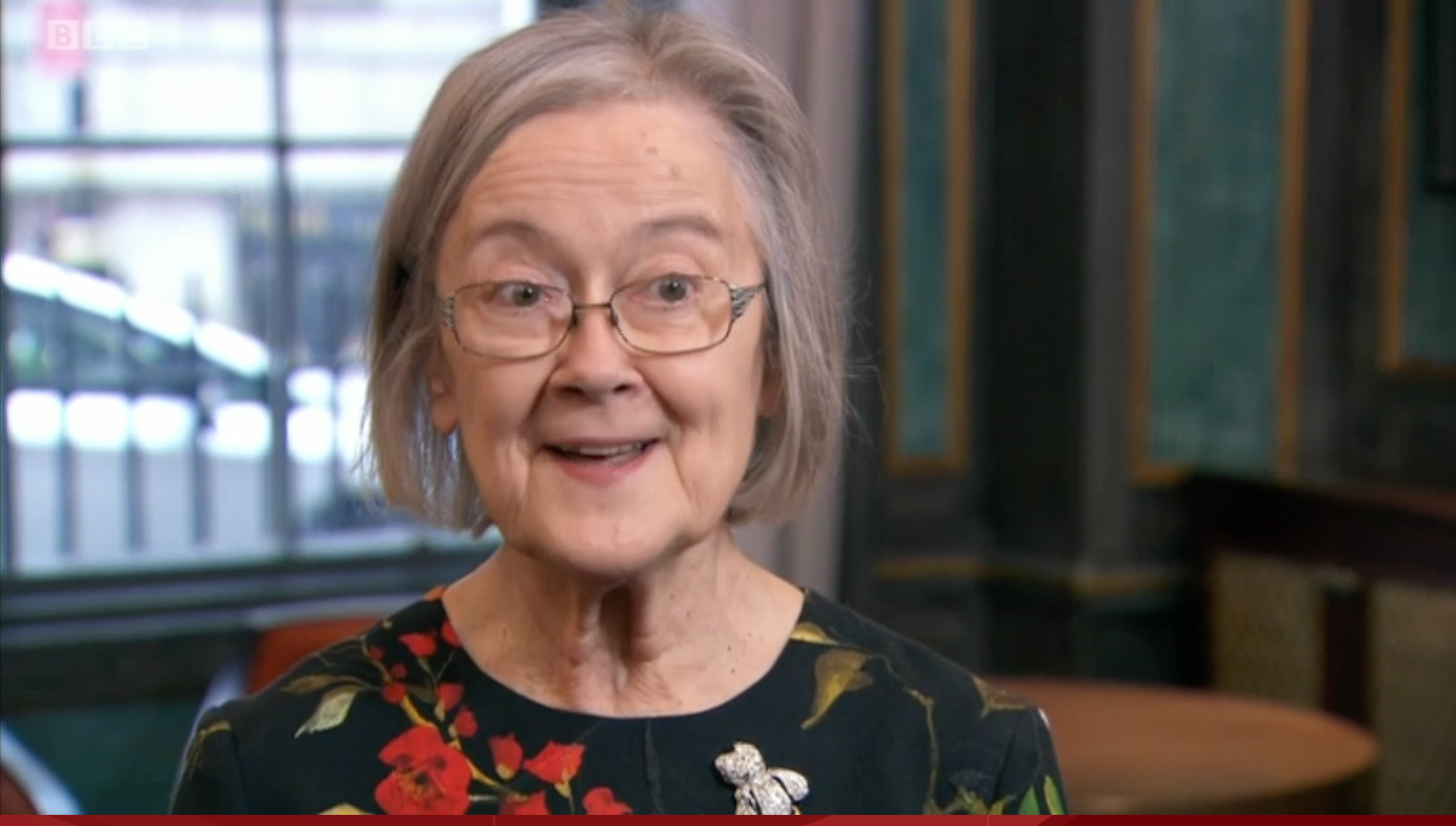Lady Hale, the first female president of the Supreme Court, appeared on the Masterchef Semi-Final, in a special celebration of the women’s right to vote.
Sitting as a judge (see what they did there?!?), she was joined by leading female chefs and restaurateurs, as well as other prominent women including space scientist Maggie Aderin-Pocock and Dr Helen Pankhurst, the great-granddaughter of Emmeline Pankhurst, one of the leading figures in the fight for the women’s right to vote.
Hang On, Food and Winning the Vote?
 Image Credit: Masterchef / BBC
Image Credit: Masterchef / BBC
Well, why not? Equality is at the very heart of our human rights, so making sure everyone is equally enfranchised is vital. After all, the right to voting (and free and fair elections) is one of the fundamental basics of both our rights and democracy.
It’s taken a long time to get to where we now – the first petition to Parliament about the women’s right to vote was in 1866, and in 1903 the Suffragettes emerged.
Even then, it wasn’t until 1918 that the first women were actually given the right to put pencil to paper at the ballot.
And in our books, that’s totally enough reason to crack out the dinner party.
And as Lady Hale herself points out, it led on to other things. “Well, votes for women is a very big occasion,” she told viewers.
“It’s wonderful to be coming here to celebrate it. The year after votes for women, women were allowed to become lawyers and eventually to become judges, so we’ll be celebrating that too.”
Okay, Fine, We’re In With The Eating…

Image Credit: Masterchef / BBC
Rather upsettingly, we’re not quite sure which of the incredible looking dishes Lady Hale opted for, but we’ll calm our disappointment by focusing on the reason we’re celebrating in the first place.
It’s wonderful to be coming here to celebrate it. The year after votes for women, women were allowed to become lawyers and eventually to become judges, so we’ll be celebrating that too.
Lady Hale, Supreme Court President
Speaking about her great-grandmother, Emmeline Pankhurst, Dr Helen said the number of women who told her the reason they voted was down to her ancestor and the rest of the suffragettes was both astounding and “affirming:.
“It’s an affirming statement about feeling linked to the past,” she added. “To continue the struggle, to continue the voice.”







